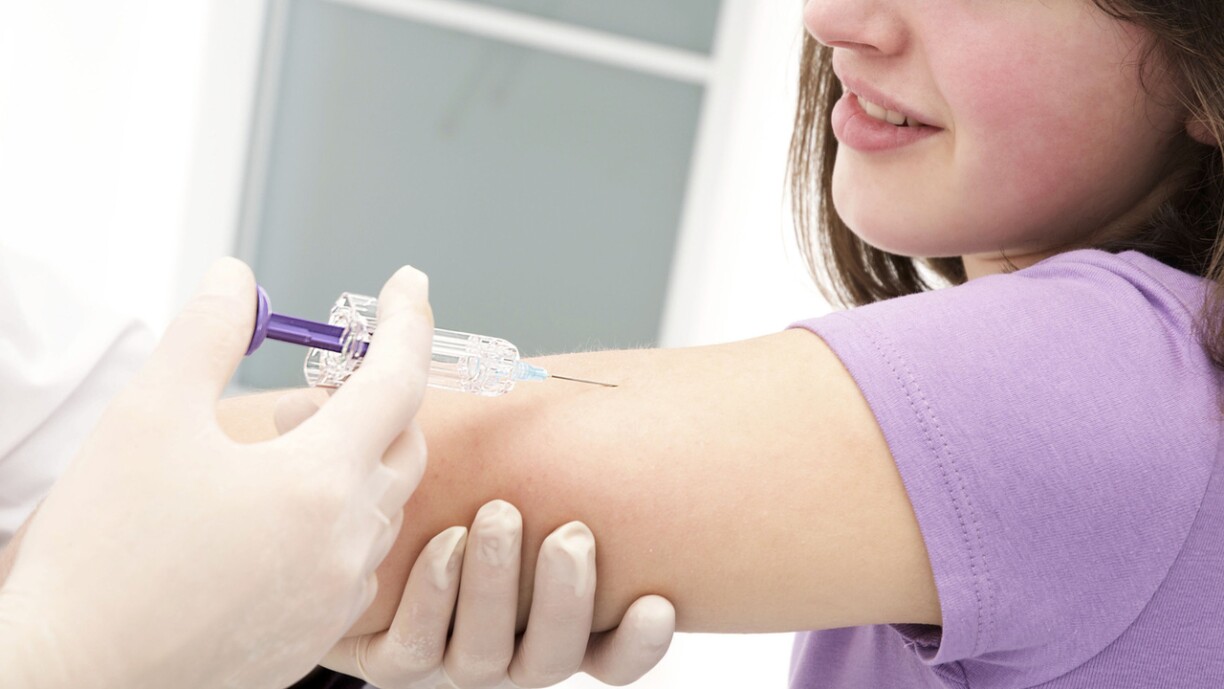
Fever, chills, and aching limbs return every winter, and for many, the flu was particularly aggressive last season. The Superior Council of Infectious Diseases has now recommended that children and adolescents aged between 2 and 17 should be vaccinated against influenza. Luxembourg’s paediatricians agree that immunising children in this age group makes sense, as it not only protects them but also reduces the spread of the virus.
The best time to get vaccinated is in autumn, so that protection lasts throughout the winter, when infections peak. According to Dr Serge Allard, paediatrician and president of the Luxembourg Paediatric Society, vaccinating children also helps shield vulnerable people, such as the elderly, pregnant women, and those with chronic illnesses or weakened immune systems, since younger people tend to spread the virus more easily and carry it for longer than adults.
Dr Allard explained that vaccination remains the most effective measure available against influenza. He explained that the flu is a serious viral infection that can weaken patients for a week or more, and in some cases lead to dangerous secondary bacterial infections such as pneumonia, which can worsen the condition significantly.
Dr Allard also pointed out that not only vulnerable groups but also children can suffer severe complications from the flu. The World Health Organization estimates that about 28,000 people under the age of 18 die from influenza worldwide each year, and Luxembourg has also seen fatal cases among children in recent years.
Despite this, many parents remain hesitant about vaccination. Dr Allard reassured them that the flu vaccine is a long-established and safe product, unlike the new mRNA vaccines developed during the Covid-19 pandemic. He noted that the flu vaccine has been used for decades and has consistently proven its reliability and effectiveness.
In several other European countries, vaccination is already recommended for children from the age of two. Dr Allard added that an intranasal vaccine, administered as a nasal spray rather than an injection, offers slightly better protection: around 14% higher than traditional vaccines.
This option could become available in Luxembourg as early as next year.